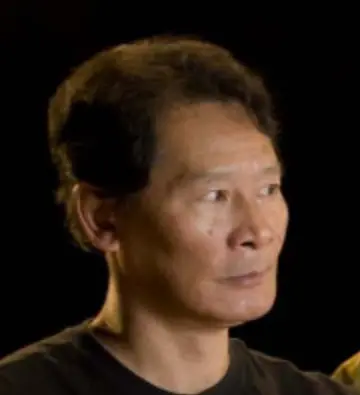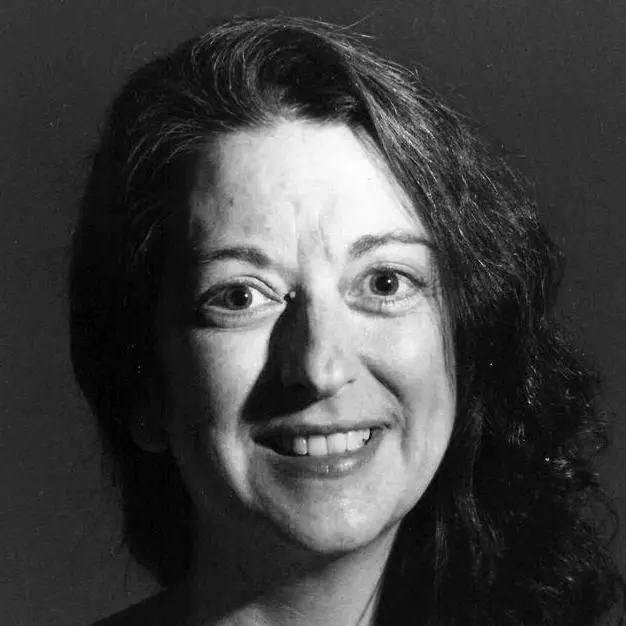China Seminar | 10 December 2009
The Languages of Jingju (Beijing/Peking “opera”): Thought, Feeling, and Identity in Visual and Aural Stylization
Jingju, a performing art of over 200 years, is regarded as possibly the highest artistic expression of the rich culture and tradition of China. Combining singing, speaking, martial art forms and abstract movement, Jingju is not only an artistic treasure, but also an archive of China’s history as told by the extensive repertoire performed.
The patterns of physical and vocal stylization, percussion, and melody, tempo, and rhythm that characterize Jingju create a rich aesthetic world. Simultaneously, these different types of patterns convey significant meaning regarding the thoughts, feelings, and identities of the dramatic characters, meanings that can also shed considerable light on the popular culture and world view of late-traditional China. Three artists of national ranking (bios available at the event) from the Jiangsu Province Jingju Company and their UHM host, Prof. Elizabeth Wichmann-Walczak, Director of the Asian Theatre Program in the UHM Department of Theatre & Dance, who has been producing, translating, and directing Jingju at UHM since 1983, explore the “languages” and meanings of these systems of patterns, and illustrate their exploration with relevant demonstrations of acting, singing, and orchestral performance. They trained UHM students to perform Women Generals of the Yang Family in 2005-06, and are currently preparing students to perform The White Snake in Feb. 2010.


